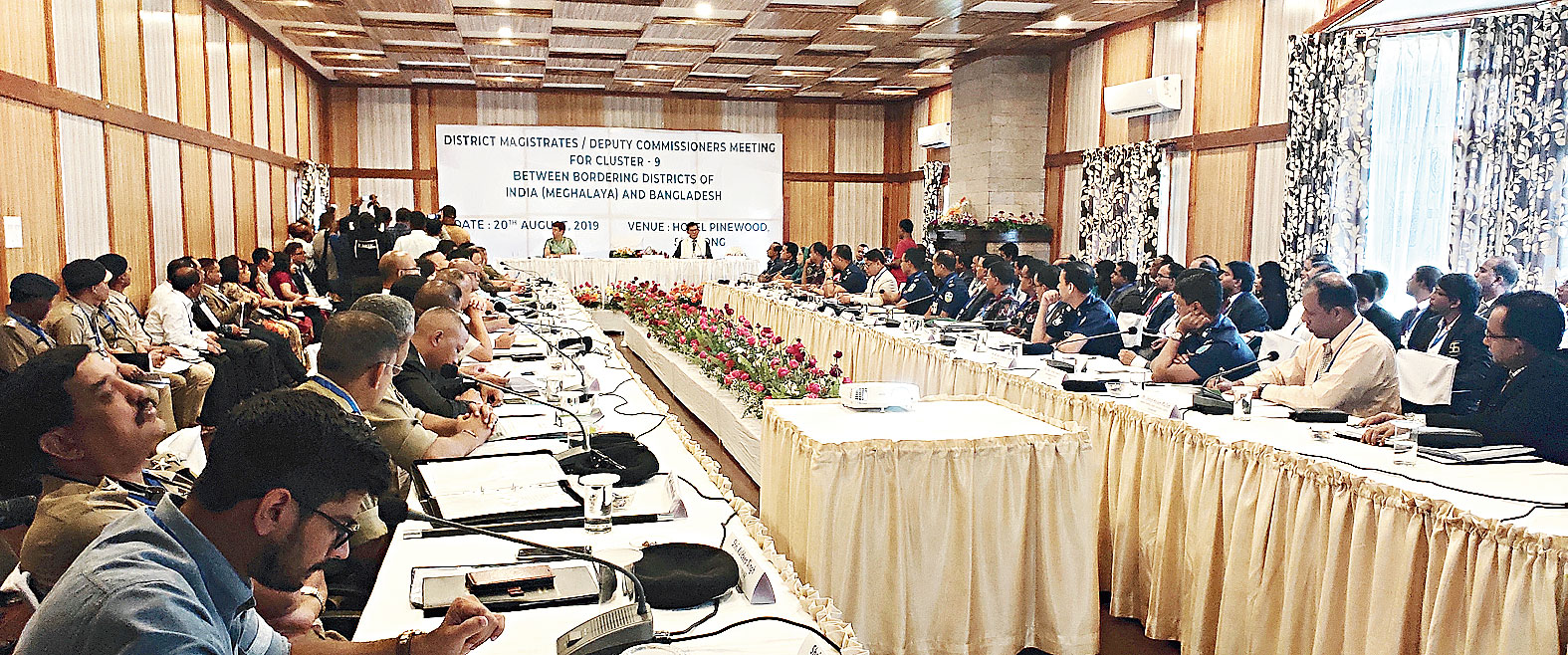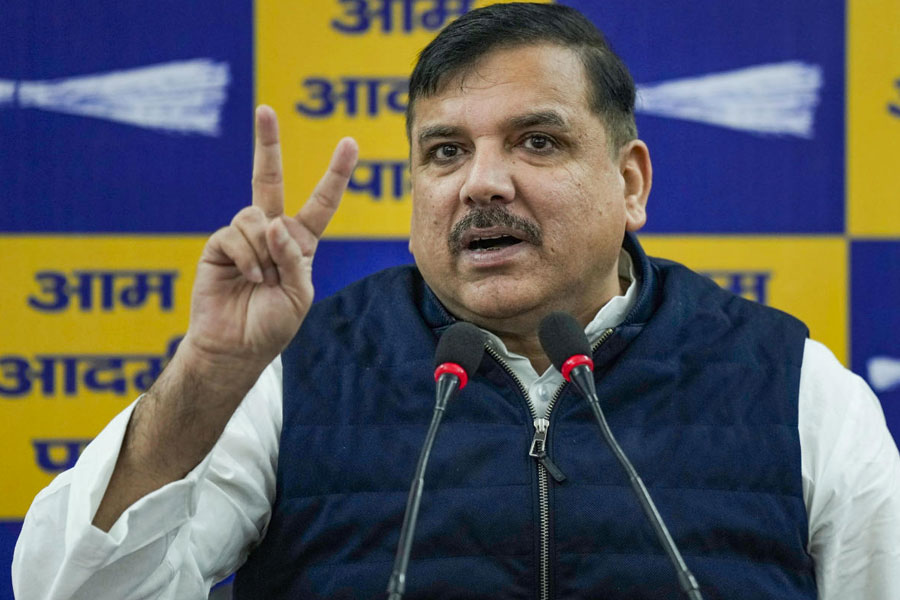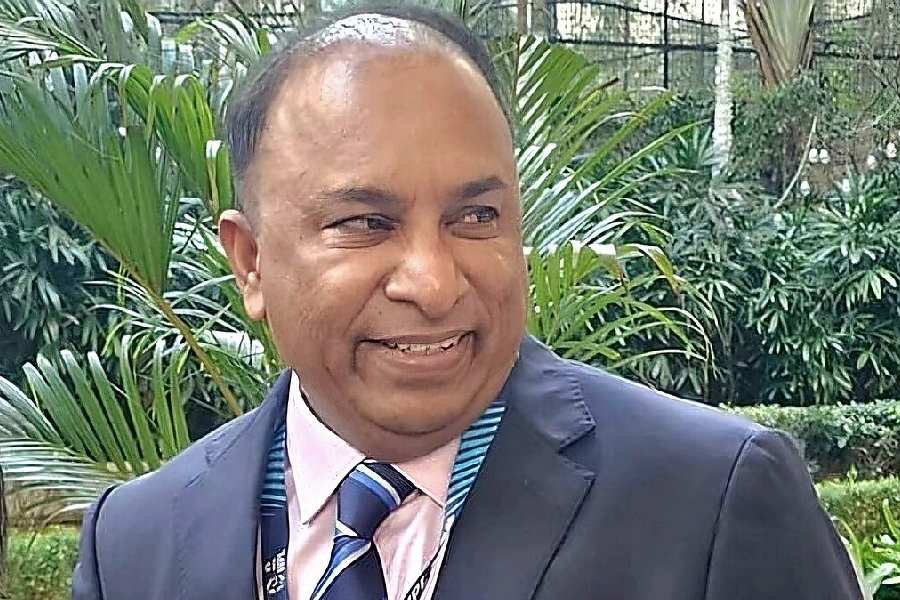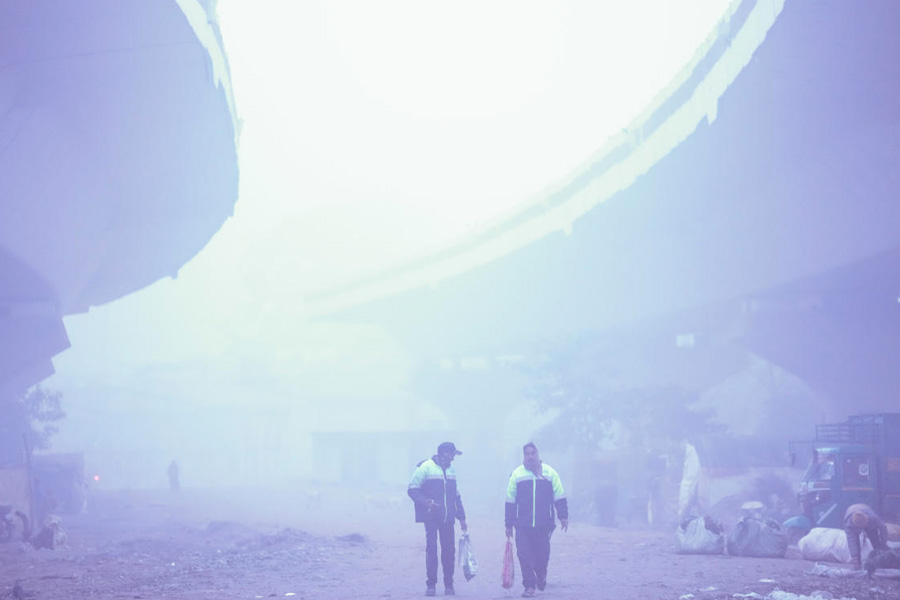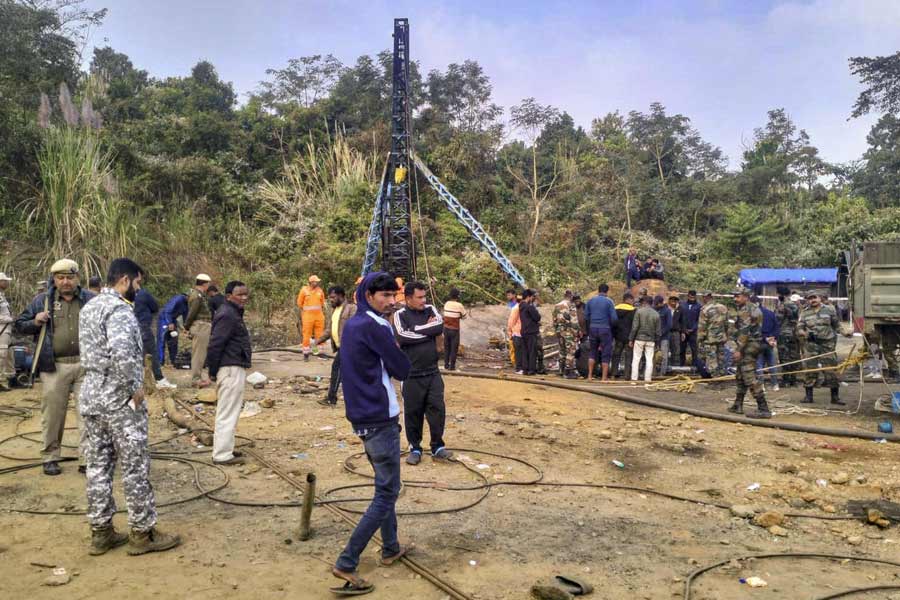The bilateral meeting for cluster-9 between the border districts in Meghalaya and Bangladesh was held in Shillong on Tuesday with Bangladeshi officials pledging cooperation to root out terrorists operating from their soil.
Indian officials suggested the need to adopt strong mechanisms to deal with cross-border crimes and to come up with the standard operating procedures for speedy repatriation of jailed Indians and Bangladeshis.
The deputy commissioner of Bangladesh’s Jamalpur district, Ahmad Kabir, led a team of 52 officials from Bangladesh, while Meghalaya’s East Khasi Hills deputy commissioner, Matsiewdor W. Nongbri, led officials from Meghalaya to the meeting.
The districts of Bangladesh bordering Meghalaya include Jamalpur, Sherpur, Netrakona, Mymensingh, Sylhet, Sunamganj and Kurigram while Meghalaya’s districts bordering Bangladesh, include East Khasi Hills, South West Khasi Hills, West Jaiñtia Hills, East Jaiñtia Hills, West Garo Hills, South West Garo Hills and South Garo Hills.
Meghalaya’s additional chief secretary, Rebecca V. Suchiang, termed the bilateral meeting the right forum to generate decisions based on consensus. “Earlier, there were decisions which were under status quo as long standing issues cannot be resolved overnight. There has been progress since the previous meeting held in Mymensing district,” Suchiang said.
Suchiang hoped that such meetings would ensure better ties and suggested mechanisms should be adopted how to expedite the repatriation of Indians and Bangladeshis being lodged in jails. “The BSF and BGB can come up with the standard-operating procedures to avoid delays, and come up with solid propositions approved by governments,” she said.
Kabir said Bangladesh has rooted out all terrorists operating from its soil as the country manifested its strong position against all kinds of extremism and terrorism.
He hoped that issues related to cross-border infiltration, smuggling, repair of damaged border pillars and facilitating coal export will be addressed by both the countries.
The bilateral meeting aimed to resolve issues on infiltration and improve border management. It was also decided that such meetings will be held regularly so that issues can be discussed and resolved.
East Khasi Hills deputy commissioner Matsiewdor W. Nongbri said some decisions were taken during the meeting but they would be first conveyed to the respective governments.
The Bangladeshi officials denied before the Indian officials that some militant outfits from India’s Northeast are setting up camps in Bangladesh.
“At the moment, there are no militant camps in Bangladesh. Bangladesh never harbours any terrorist group,” Kabir said.
Asked if militant outfits like Ulfa and others have camps in Bangladesh, Kabir said if there was specific information regarding any group, Bangladesh would certainly examine and take necessary steps. “Our friendly neighbour India should not suffer from such type of criminal activities in the border areas or within Bangladesh,” Kabir said.
On cattle smuggling, Kabir said Bangladesh wanted to curb all types of smuggling and the BGB and BSF are also working together. “We are aware of the matter and will work together so that such activities do not occur in the border areas,” he said.

